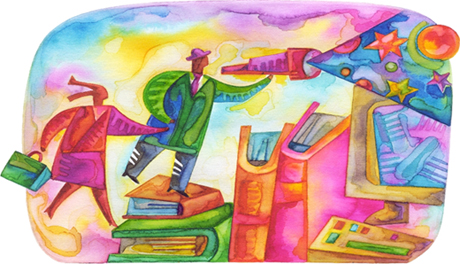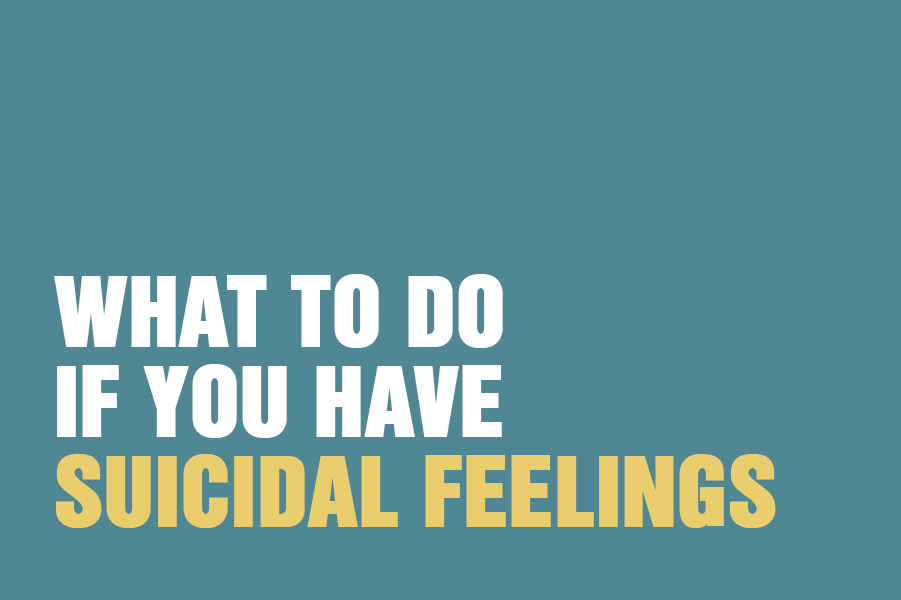You’ve possibly pictured the scene for years: You’re holding your beautiful, longed-for newborn baby, beaming for the camera and welcoming your bundle of joy to the world with bright balloons, soft babygros, and cute teddies.
Except the vision in your head may not match the actual experience in the hospital bed, the birthing pool, or even the operating theatre. As you begin life with your newborn, you may feel somewhat out of sorts – emotionally as well as physically.
The so-called ‘baby blues’ – that initial period of adjustment following the shock of giving birth – is totally normal and experienced by millions of women as the hormones kick in, the breast milk forms, and mother and baby form a strong bond. Feeling weepy and anxious for the first few days after birth is totally normal for a lot of mothers. Except that not all new mothers experience this bond. For some, the cloud of baby blues hangs around, mild emotional distress can develop into symptoms of postnatal depression.
How to spot the signs of postnatal depression
Here’s how to tell if the emotional side of things is getting too much.
- You don’t have the energy or inclination to get up and do anything.
- Exhaustion is your constant companion. You may lie awake at night and sleep all day.
- You feel consistently sad and tearful for no apparent reason.
- You can’t remember the last time you laughed or felt joy.
- You overeat or have lost your appetite.
- Self-confidence seems a thing of the past.
- You feel frustrated and unable to cope.
- You look at other mothers who seem at ease with their babies, and wonder why you don’t feel the same.
- You may feel completely isolated – as though you’re in this totally alone.
- Shame, blame or guilt may creep in because of some or all of the above feelings.
Postnatal depression generally starts within the first few weeks after childbirth and can continue for some months. For some mothers, it may not start until several months after their baby is born. Mums more at risk are those who have had a difficult pregnancy or childbirth, are finding it difficult to breastfeed, have little support around them, or who have a history of depression.
Here’s some of the support available for postnatal depression:
- Support services, such as The Pandas Foundation and The Cedar House Support Group, can offer help and guidance.
- Join online forums, such as those on Nappy Valley or Netmums, where you can post anonymously and receive support from other mothers going through the same thing as you.
- Your GP can assess you for depression and offer medication if appropriate.
- Confide in a trusted friend or family member that you are struggling with being a new mum. Ask for practical support in helping you through those early weeks and months.
- Talking therapy is strongly recommended to help you process what’s happening to you and to identify coping strategies. At The Awareness Centre, we have therapists who specialise in postnatal depression and pregnancy-related issues. Call 020 8673 4545 or email [email protected] to find out more.
Related articles:
Fathers suffer from postnatal depression too







